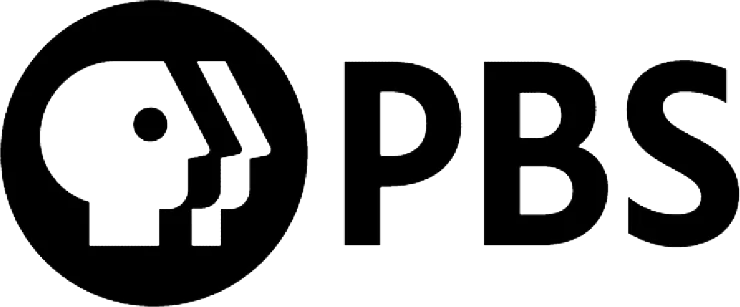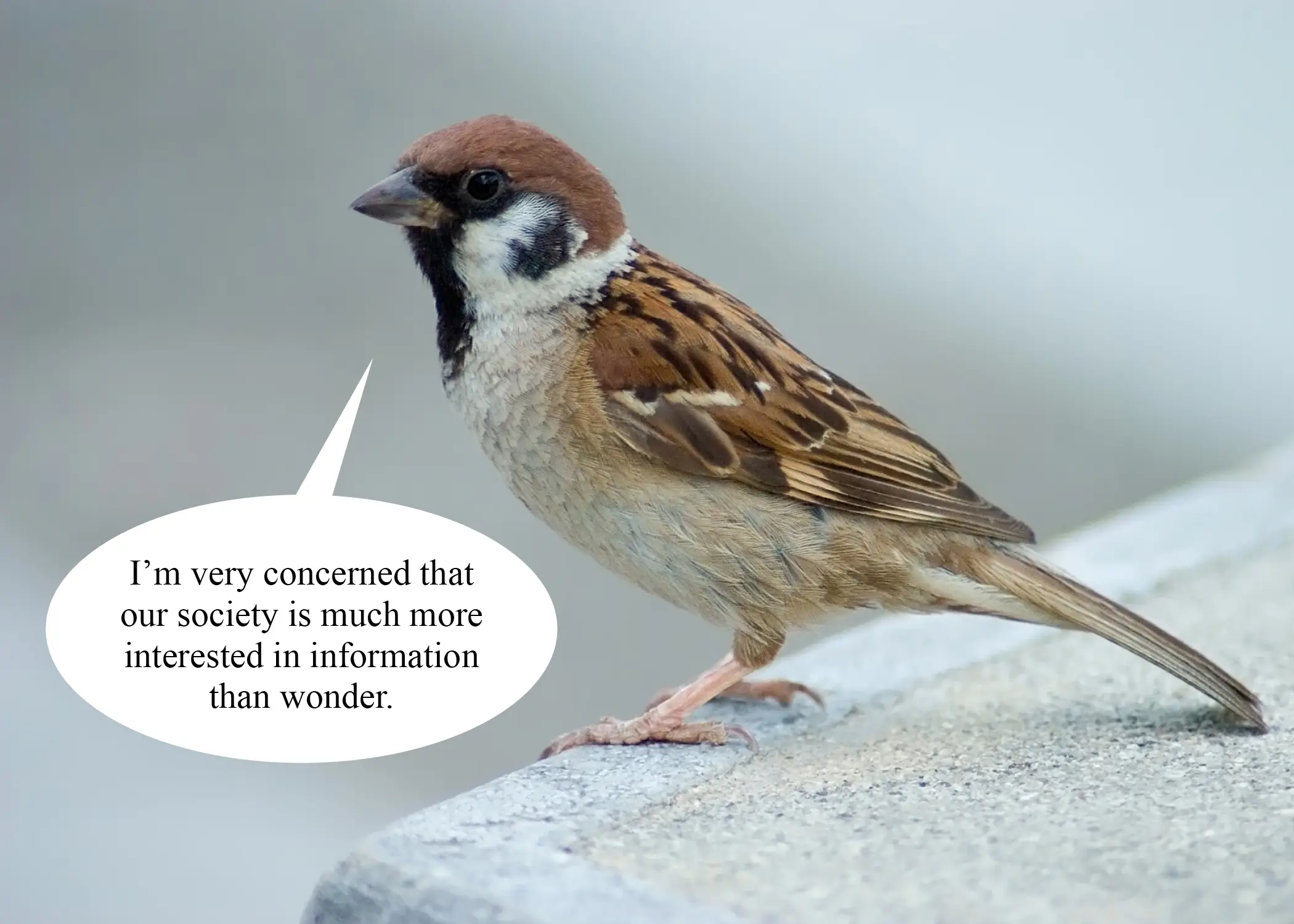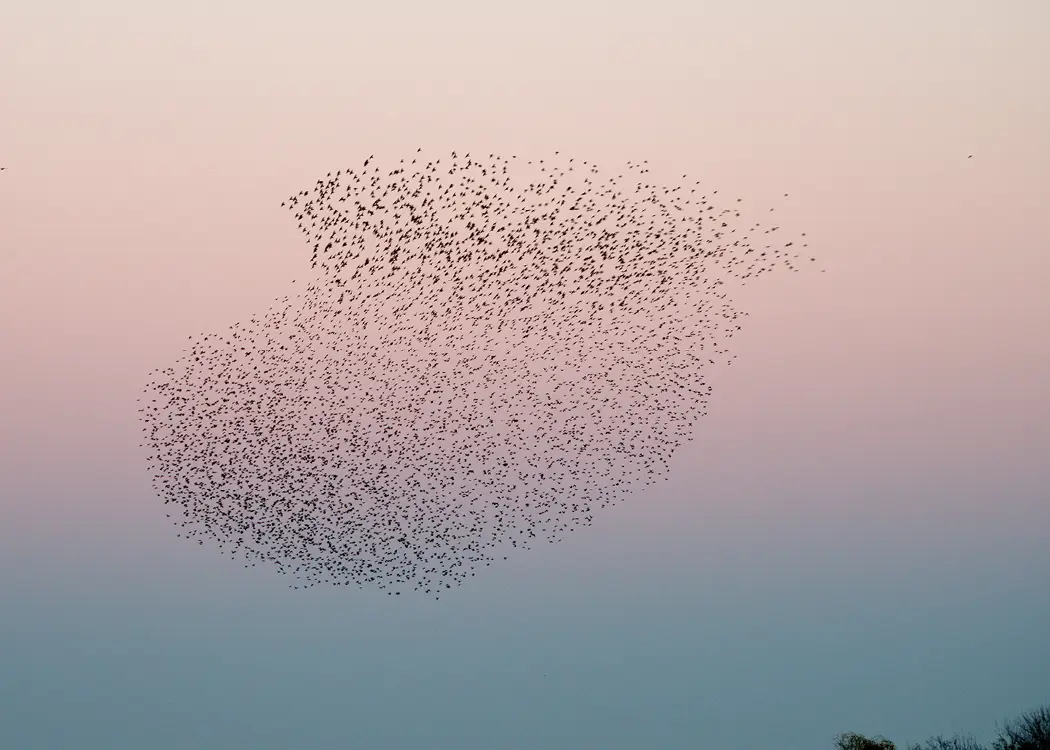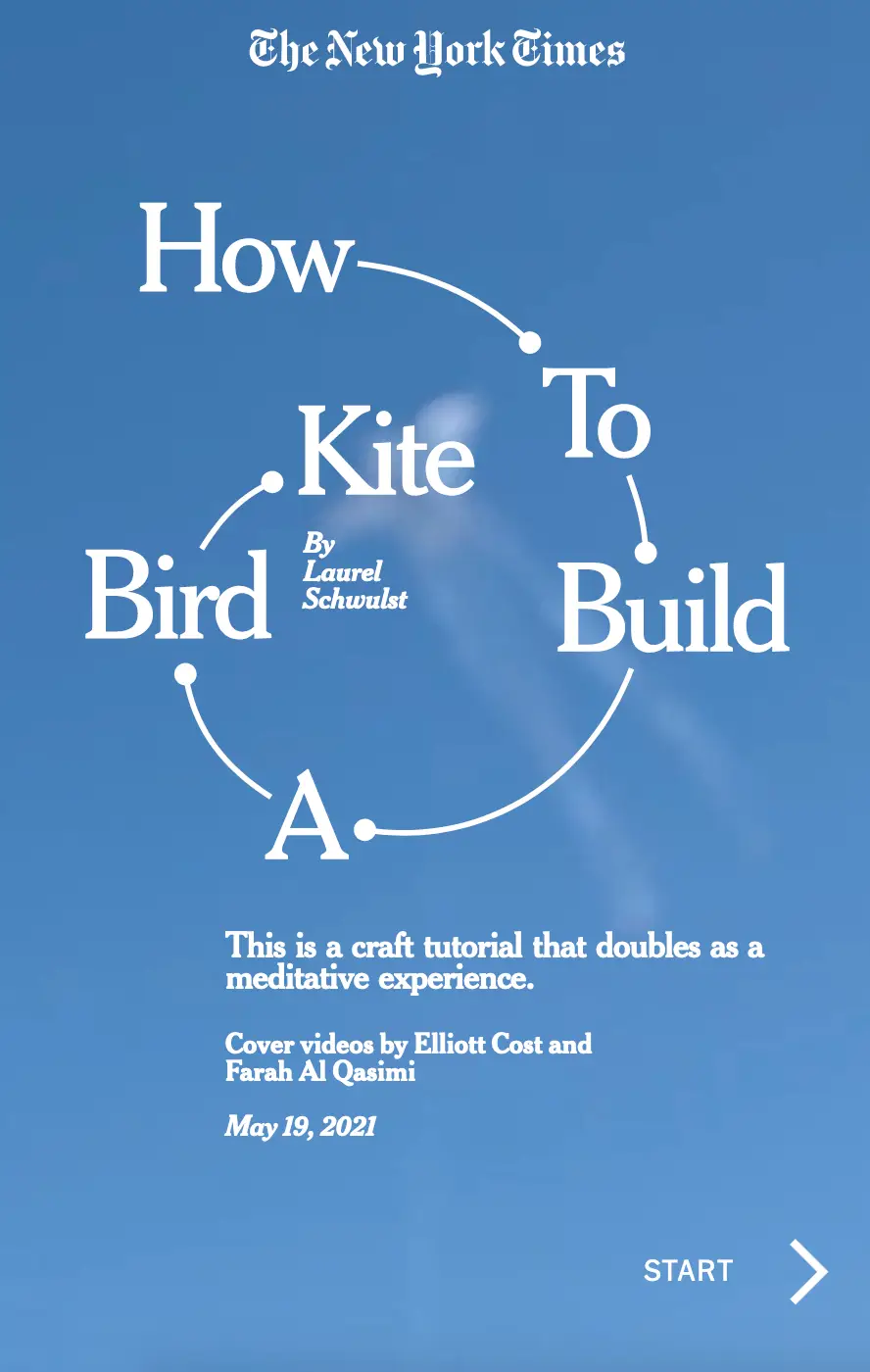
“PBS of the Internet” is about imagining a “PBS” — which stands for “Public Broadcasting System,” a non-profit serving the American public through its educational, cultural, and informative television programming — for the modern digital, networked age.
Today much of the internet is algorithmically driven, encouraging individualistic silos that drive commerce and entertainment. As humanity’s primary medium of communication today, the internet needs to be more human, tasteful, and educational — for children and adults alike.
Utilizing broadcast media for public good is nothing new. The concept of broadcast media for public benefit began in the 1920s with radio, leading to the Federal Radio Commission’s focus on public interest, which eventually inspired PBS’s creation for television.
Some may know PBS for its important programs including “Mr. Roger’s Neighborhood.” When funding for public programming was on the verge of being cut in 1969, Fred Rogers testified before the senate, sharing, “In my program, I give an expression of care to each child. You’ve made this day a special day, just by you being you.”

Some initial visions for “PBS of the Internet” —
-
Who is the Mr. Rogers of today? Maybe “PBS of the Internet” helps curate existing influencers online and distributes this curation widely.
-
When opening a new browser tab, “PBS of the Internet” appears by default. It presents the curated, educational, and tasteful content to everyone.
-
Often parents say, “I don’t let my children use technology.” Instead, they could say, “The only thing I let my kids use the iPad for is [PBS of the Internet]” and then enjoys it with their child.
-
Organize a “PBS of the Internet Summit” by inviting a diverse range of contributors to discuss and align on values, structure, and first steps.
-
Map the current internet according to the values of PBS of the Internet. What organizations, projects, and content already exist in this realm? Where are the voids?
PBS does not produce its programs, but rather acts as a curator and distributor for its member stations. Similarly, I imagine “PBS of the Internet” to establish a vision, conversation, board / team / governance structure, and fund in order to curate and distribute.
See also:
- The Push for a “PBS of the Internet” — Kim Hart, Axios (2021)
- Creating the “PBS of the Internet” — Joe Abernathe, PC World (1995)
I've spoken about this publicly as well:
- Podcast: “How could a PBS of the Internet cultivate a more human web?” — Initiative for Digital Public Infrastructure, UMass Amherst (2024) Conversation w/ Laurel Schwulst & Mike Sugarman
- Podcast: “The Quest to Build the Fruitful Web” — The Orthogonal Bet, Lux Capital (2024) Conversation w/ Laurel Schwulst & Samuel Arbesman
(Please contact me if you'd like to publish something about this!)

